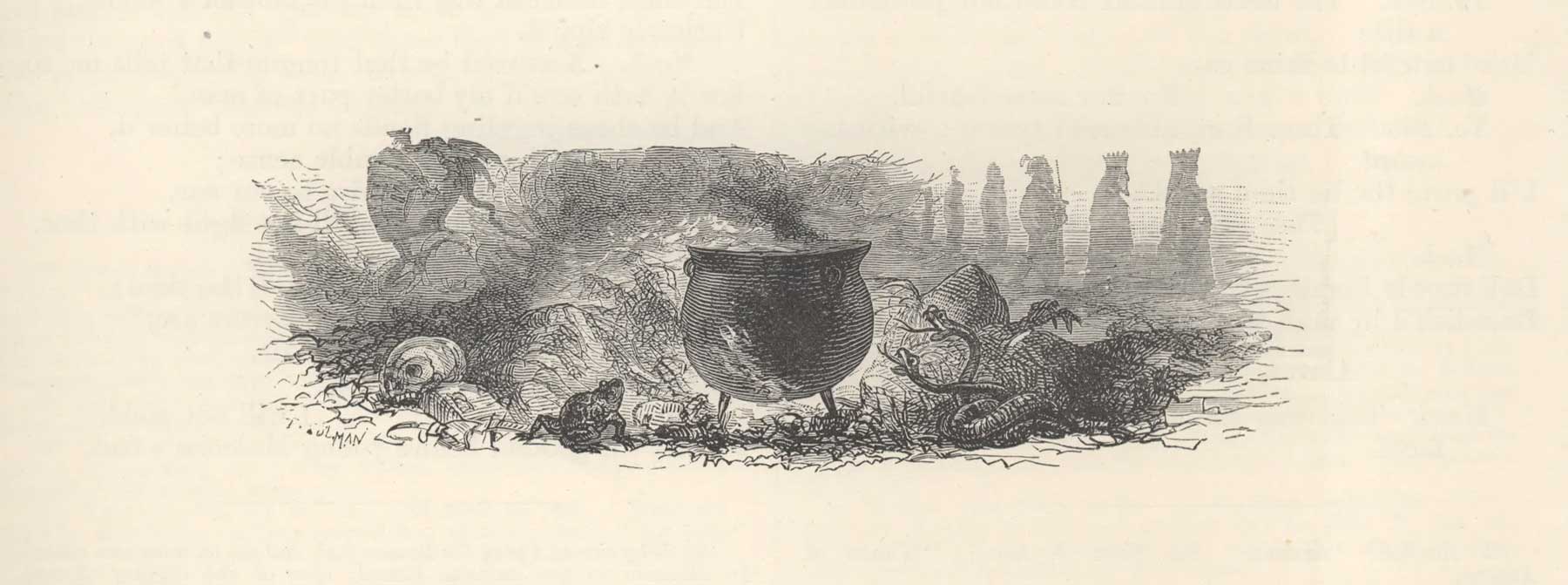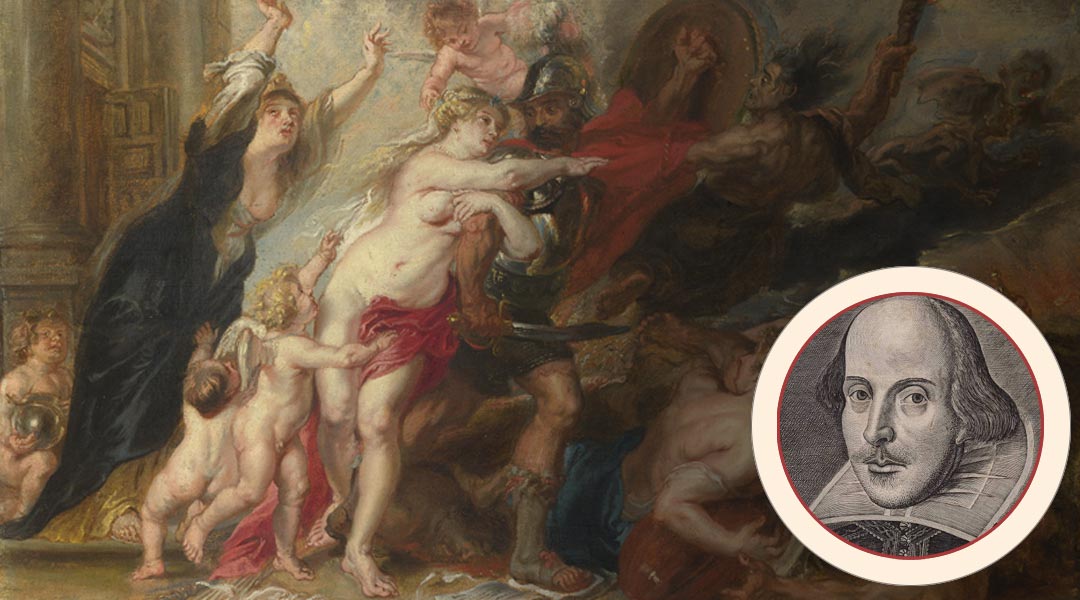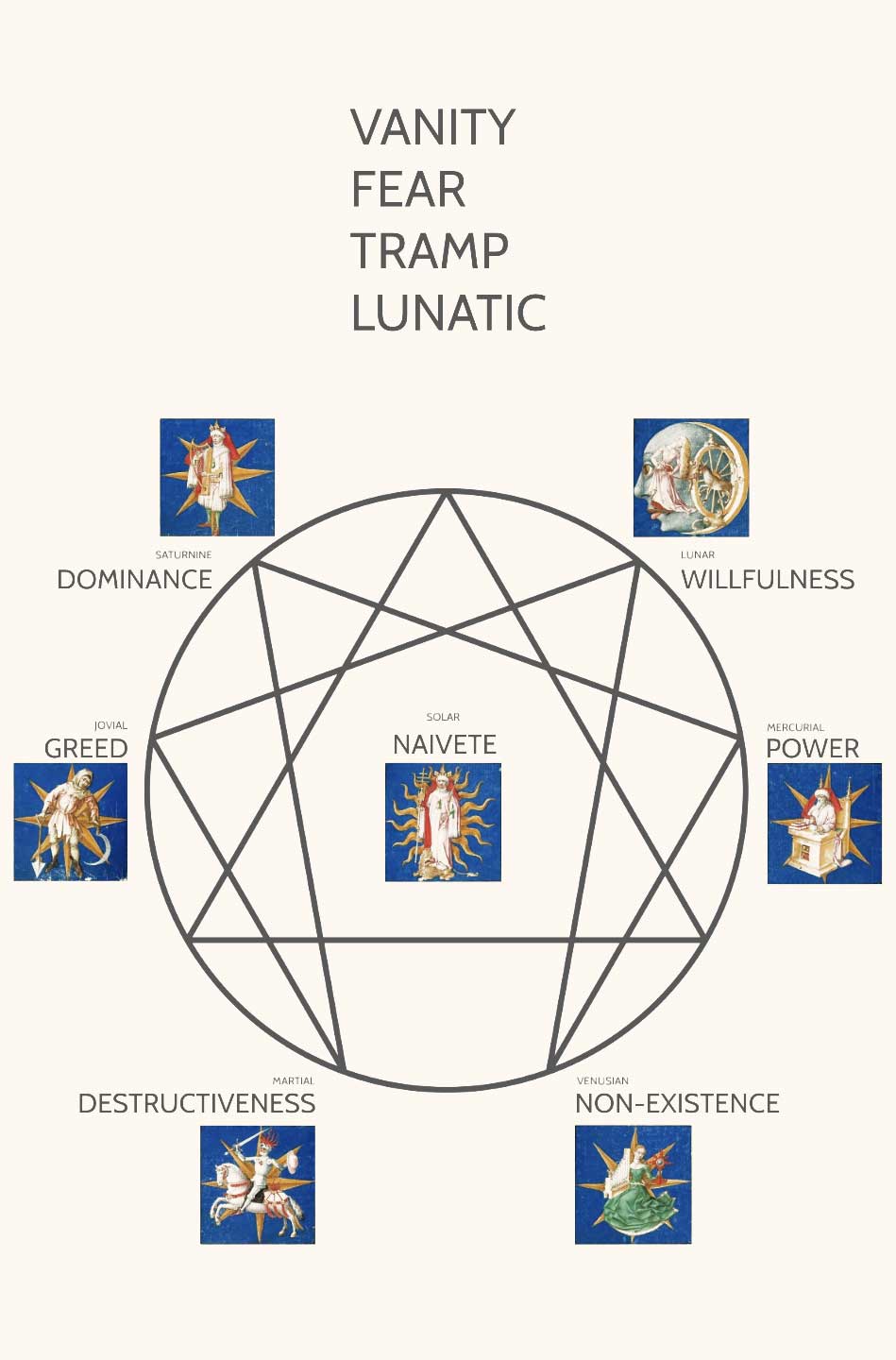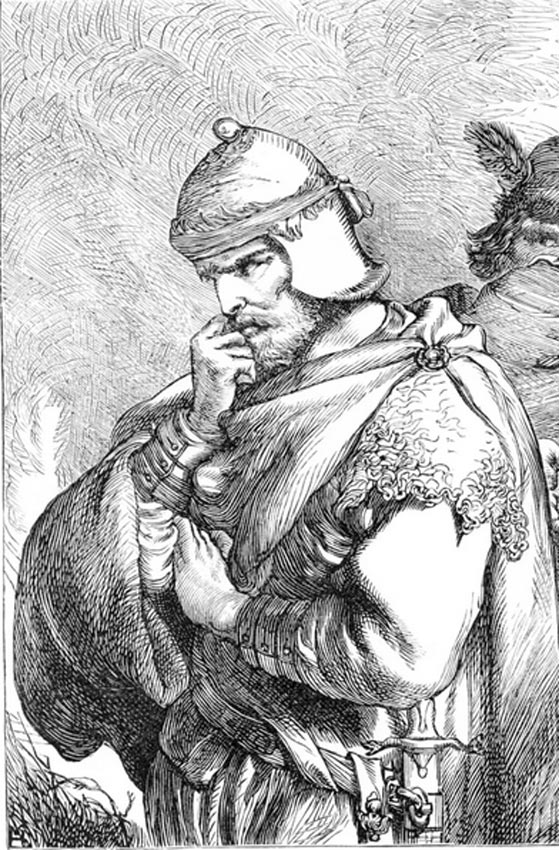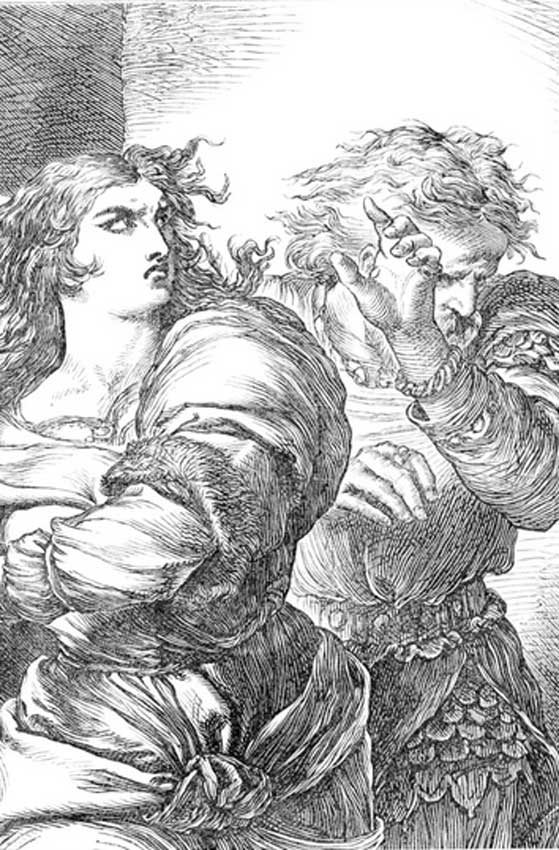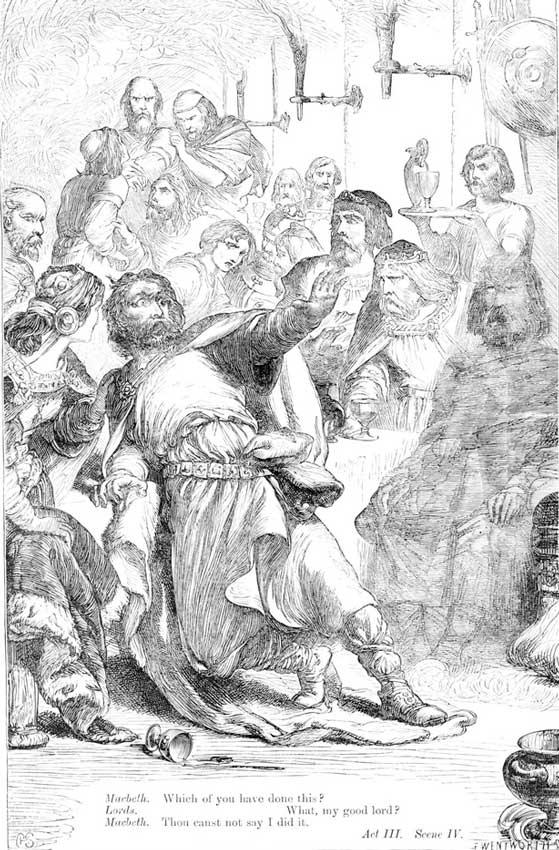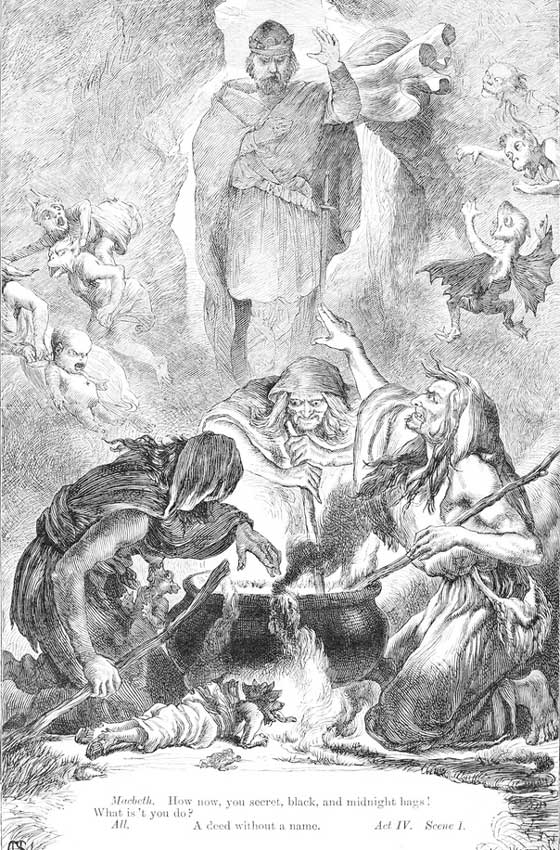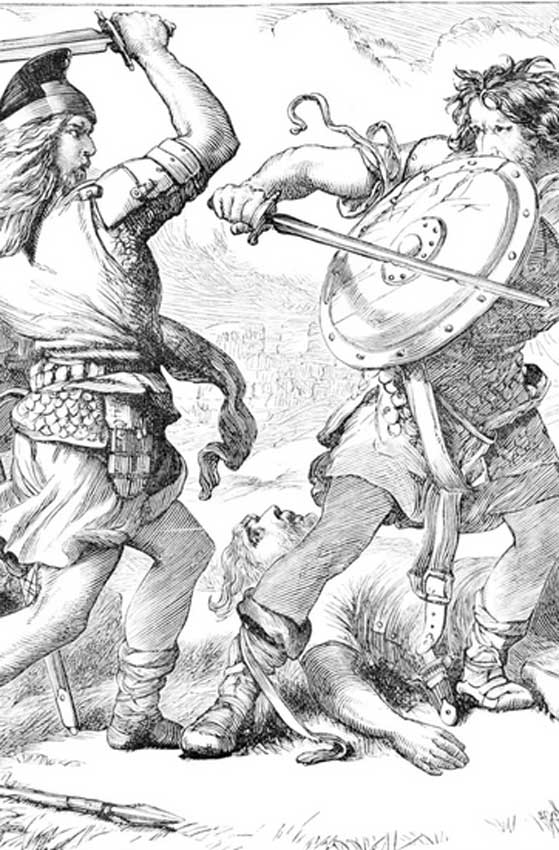Macbeth Workshop on Features
20 – 25 September 2021
BePeriod is gathering for another week-long online workshop, this time in Scotland. We will meet online for six consecutive days and use Shakespeare’s Macbeth to breathe life into the study of Features. Each session will last three hours with an intermission, and will conclude with practical exercises to be applied throughout the following day. Students’ verifications from these exercises will lay the ground for each consecutive session.
In Macbeth, Shakespeare follows the traditional Greek canon of a tragic hero. Macbeth is at first favored by fortune, but because of a specific tragic flaw in his character, he takes steps that lead to his downfall and eventual destruction. Our Features function in exactly the same way. Read more below…
1st Session – 20 September | 3pm & 8pm UTC
Presenting the Theory of Features
The planets exert a dominant influence over all life on earth. This influence was known to the ancients, who systematized it into what we know today as astrology. However, in the course of its transmission through time, astrology lost its practical application. Astrology cannot be studied separate from Essence and Personality, and Essence and Personality cannot be studied without developing the ability of self-observation. As we deepen our ability to observe ourselves, we start recognizing a pattern that all our psychological manifestations follow; a hub that reliably powers the wheel of our mechanicality. This hub is chief feature, and is the doorway to practical astrology.
Some features are common to all. They appear in each person in different measures. Other features are unique to specific types. In this first session we will review all the traditional features, laying the ground for enabling participants to observe and understand how these features color and control their internal world.
Features Based on Planetary Type

Macbeth Hears the Witches’ Prophecy
2nd Session – 21 September | 3pm & 8pm UTC
Vanity Feature
The curtain of Macbeth opens to three witches who have gathered to meet generals returning from war. When Macbeth and Banquo enter, the witches predict Macbeth will become Thane of Cawdor (Thane is a Scottish rank of nobility), and one day king, and that Banquo will be the father of kings. Macbeth is then greatly impressed to discover that his achievements in war have indeed earned him the title of Cawdor. If the witches’ first prophecy has so quickly come to pass, then what of their second?
While Macbeth could be sufficiently contented to earn the title of Thane, its value is belittled by the knowledge that it is a mere stepping stone to a much bigger achievement. The feature of Vanity works in exactly this way, luring us to labor toward an illusory contentment that, once achieved, proves to be only a stepping stone to an even larger lure.
All of us have Vanity, each in different measures and variations. We will set an exercise to facilitate observations on Vanity and develop a discussion between participants around their experience of this feature.
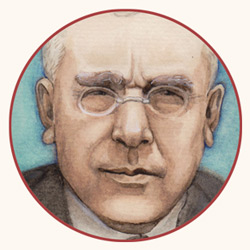
Answer: This is the best definition for it — that it always makes decisions.
3rd Session – 22 September | 3pm & 8pm UTC
Lunatic Feature
Macbeth sends a letter to inform his wife of how the first part of the witches’ prophecy came to pass. He writes her that King Duncan proposes to visit him in his castle. Lady Macbeth, recognizing an opportunity in this visit, plots to kill Duncan and materialize the prophecy’s second and more important part. It is this acting upon the witches’ prophecy that will alter Macbeth’s fate and dictate the tragic unfolding of the rest of this play.
In this third session we will present the feature of Lunatic. This feature is characterized by an inability to establish proper scale and relativity. It draws us to blindly invest undue effort in insignificant things at the expense of more important matters. While the psychology of some possesses a greater share of Lunatic than others, the sleep of all is equally reinforced by the inability to recognize what is objectively important.
Lady Macbeth
Peter Ouspensky, The Fourth Way

Macbeth Terrified at the Banquet
4th Session – 23 September | 3pm & 8pm UTC
Fear Feature
Macbeth’s killing of King Duncan (to bring about the witches’ prophecy) sets in motion a string of murders that cannot stop till Macbeth himself dies. Aware of the witches’ prophecy about Banquo (that he will be the father of kings), Macbeth arranges to kill Banquo and his son. Banquo dies; his son escapes. If, so far, ambition, greed, and impatience have driven the actions of Macbeth, they are now joined and augmented by a new element of Fear. At a dinner that night, Macbeth is terrified by the appearance of Banquo’s ghost.
The underlying attitude behind Fear feature is that something important or valuable is at stake. In this respect, this feature permeates much beyond the understandable fear of physical or emotional injury into limitless other areas: fear of failure, fear of success, fear of disappointing others, fear of losing opportunities, to name a few examples. In this respect, Fear fuels any identification, for the underlying danger of losing or harming something significant is fertile ground for engendering a state of identification.
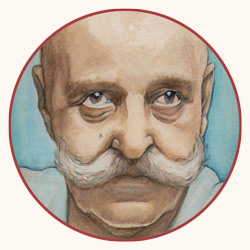
George Gurdjieff, Views from the Real World
5th Session – 24 September | 3pm & 8pm UTC
Tramp Feature
Macbeth returns to the witches to find out his fate. They tell him that he should fear Macduff, that no man born of woman can hurt him, and that he will never be overthrown until Birnam Wood comes to Dunsinane. These enigmatic declarations, as well as wishful thinking on his part, lend Macbeth a false sense of invincibility. However, the cumulative blood on his hands, the death of his wife, and the rapid decline of Scotland, make it clear that the original prophecy of kingship was in truth a curse. Macbeth continues pursuing a path he cannot seem to avoid, but his initial ambition and greed are slowly replaced by listlessness and indignation.
In this fifth session we will present the feature of Tramp. Tramp stands at the opposite extreme of Lunatic. If Lunatic invests undue value in insignificant things, then Tramp suffers from a complete lack of valuation. Nothing particularly matters, nothing is particularly important. This attitude underlies our difficulty in completing octaves, as well as our general reluctance to invest effort even in things dear to us.
Macbeth Returns to the Witches
Peter Ouspensky, The Fourth Way

Macbeth and Macduff
6th Session – 25 September | 3pm & 8pm UTC
Reestablishing Harmony
The Scottish nobles gather, and Malcolm orders his men to camouflage themselves with tree branches as they attack, thus giving the appearance of Birnam Wood approaching Dunsinane. On meeting Macduff on the battlefield, Macbeth learns of Macduff’s caesarian birth and recognizes the witches’ prophecy. He nevertheless refuses to yield, is killed by Macduff, and Malcolm is proclaimed king. The rise and downfall of Macbeth have purged Scotland. It now gains a chance at regeneration.
Features are inseparable gears of human psychology. They cannot be eliminated, nor should they. By understanding how each feature manifests in us, we gain the chance of altering our fate. Instead of allowing features to predictably make each decision, we can harness their power to serve a greater aim.

